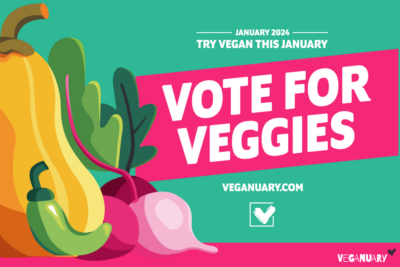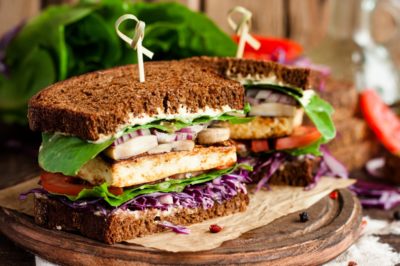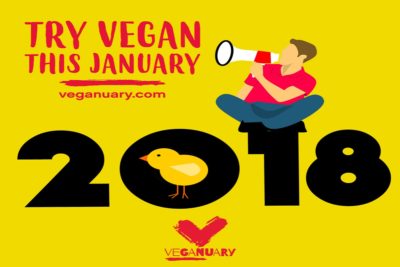All the major dietetics societies have published papers stating that a vegan diet is nutritionally adequate for all stages of human health
The Academy of Nutrition and Dietetics
‘It is the position of the Academy of Nutrition and Dietetics that appropriately planned vegetarian, including vegan, diets are healthful, nutritionally adequate, and may provide health benefits for the prevention and treatment of certain diseases. These diets are appropriate for all stages of the life cycle, including pregnancy, lactation, infancy, childhood, adolescence, older adulthood, and for athletes. Plant-based diets are more environmentally sustainable than diets rich in animal products because they use fewer natural resources and are associated with much less environmental damage. Vegetarians and vegans are at reduced risk of certain health conditions, including ischemic heart disease, type 2 diabetes, hypertension, certain types of cancer, and obesity. Low intake of saturated fat and high intakes of vegetables, fruits, whole grains, legumes, soy products, nuts, and seeds (all rich in fiber and phytochemicals) are characteristics of vegetarian and vegan diets that produce lower total and low-density lipoprotein cholesterol levels and better serum glucose control. These factors contribute to reduction of chronic disease. Vegans need reliable sources of vitamin B-12, such as fortified foods or supplements.’
The Academy of Nutrition and Dietetics is the United States’ largest organization of food and nutrition professionals, and represents over 100,000 credentialed practitioners — registered dietitian nutritionists, dietetic technicians, registered, and other dietetics professionals holding undergraduate and advanced degrees in nutrition and dietetics.
British Dietetic Association
One of the UK’s longest-standing organisations that represents dietetics and nutrition, the British Dietetic Association, has affirmed that a well-planned vegan diet can “support healthy living in people of all ages” in an official document signed by its CEO.
The British Dietetic Association (BDA), founded in 1936, is the professional association and trade union for dietitians in Great Britain and Northern Ireland. It is the nation’s largest organisation of food and nutrition professionals with over 9,000 members.
Working with the Vegan Society the BDA has stated that a balanced vegan diet can be enjoyed by children and adults, including during pregnancy and breastfeeding, if the nutritional intake is well-planned.
The BDA also advocates for a reduction of red and processed meat in the UK diet, to be replaced by appropriate plant-based proteins such as beans and pulses. Not only would such a reduction be better for the environment, it would also be better for the health of the nation.
National Health Service (NHS)
The NHS has stated that:
‘With good planning and an understanding of what makes up a healthy, balanced vegetarian and vegan diet, you can get all the nutrients your body needs to be healthy without the need for supplements.’
Dietitians of Canada
‘A healthy vegan diet has many health benefits including lower rates of obesity, heart disease, high blood pressure, high blood cholesterol, type 2 diabetes and certain types of cancer.’
Australia Government, National Health & Medical Research Council
‘Appropriately planned vegetarian diets, including total vegetarian or vegan diets, are healthy and nutritionally adequate. Well-planned vegetarian diets are appropriate for individuals during all stages of the lifecycle. Those following a strict vegetarian or vegan diet can meet nutrient requirements as long as energy needs are met and an appropriate variety of plant foods are eaten throughout the day.’
https://www.eatforhealth.gov.au/
American Institute for Cancer Research (USA)
Recommendations for cancer prevention: ‘Eat more of a variety of vegetables, fruits, whole grains and legumes such as beans. Limit consumption of red meats (such as beef, pork and lamb) and avoid processed meats.’
It is worth noting that there is a large body of scientific evidence that suggests that a standard Western diet is deficient in various nutrients. According to US Dietary Guidelines, there are seven important nutrients in food that most Americans are not getting enough of: calcium, potassium, fiber, magnesium, vitamin A, vitamin C and vitamin E.
Further Reading For “Is A Vegan Diet Healthy?”:










